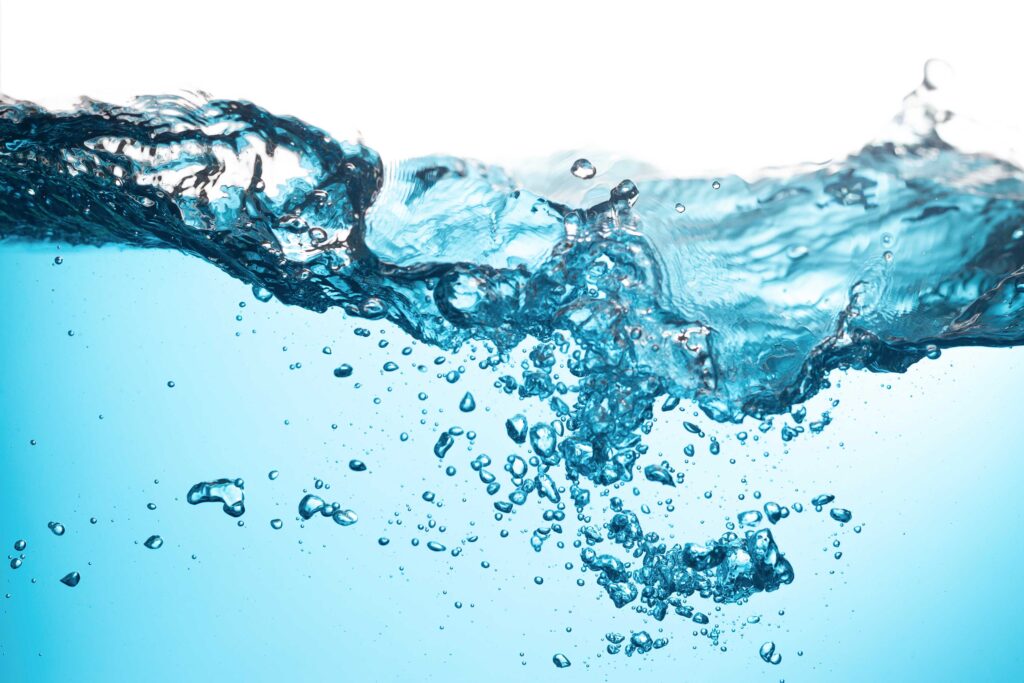As global water challenges escalate due to population growth, urbanization, and climate change, the need for effective and sustainable water purification solutions becomes increasingly urgent. Emerging technologies in the water purification sector promise to revolutionize how we access and utilize this vital resource. This article explores innovative advancements, such as nanotechnology and smart water purifiers, their potential benefits for improving water quality and accessibility, and future trends in the industry that will shape consumer choices.
Emerging Technologies in Water Purification
1. Nanotechnology
Nanotechnology involves manipulating materials at the molecular or atomic level, leading to the development of advanced filtration systems with enhanced capabilities.
Applications in Water Purification:
- Nanomaterials: These materials can be engineered to target specific contaminants, including heavy metals, pathogens, and organic pollutants. For example, nanoparticles can be designed to adsorb impurities more effectively than traditional filters.
- Nanofiltration Membranes: These membranes operate at a molecular level, allowing for the selective removal of contaminants while maintaining essential minerals in the water. Nanofiltration can be particularly effective in desalination processes, making seawater a viable source of freshwater.
2. Smart Water Purifiers
The advent of smart technology in water purification systems represents a significant leap toward enhanced user experience and efficiency.
Features of Smart Water Purifiers:
- Real-Time Monitoring: Smart purifiers can monitor water quality in real time, detecting contaminants and alerting users via mobile apps or integrated displays. This feature ensures that consumers are always aware of their water’s safety.
- Automated Maintenance Alerts: These systems can notify users when filters need replacement or when maintenance is required, ensuring optimal performance without the guesswork.
- Integration with Smart Home Systems: Many smart water purifiers can integrate with home automation systems, allowing for seamless control and monitoring alongside other smart appliances.
Potential Benefits of Emerging Technologies
1. Improved Water Quality
The adoption of nanotechnology and smart purification systems can lead to significant improvements in water quality. Enhanced filtration processes can effectively remove a broader range of contaminants, including microplastics, heavy metals, and harmful pathogens. This capability not only ensures safer drinking water but also addresses growing concerns about emerging contaminants that traditional systems might overlook.
2. Increased Accessibility
Innovative purification technologies can help address water scarcity and accessibility issues. For instance, advanced desalination techniques utilizing nanotechnology can make seawater drinkable, providing new sources of freshwater in arid regions. Additionally, portable water purification devices equipped with smart technology can provide safe drinking water in disaster-stricken areas or remote locations, enhancing access for underserved populations.
3. Sustainability and Resource Efficiency
Emerging technologies often emphasize sustainability, reducing waste and energy consumption. Smart water purifiers can optimize water usage, minimizing waste during filtration processes. Furthermore, nanotechnology can enhance the efficiency of existing systems, enabling more effective treatment of contaminated water without the need for extensive infrastructure.
Future Trends in the Water Purifier Industry
1. Increased Consumer Awareness and Demand for Quality
As consumers become more educated about water quality and the potential risks of contaminants, there is a growing demand for high-quality purification solutions. This trend is likely to drive innovation in the industry, with manufacturers focusing on developing advanced technologies that meet consumer needs for safety and quality assurance.
2. Emphasis on Eco-Friendly Solutions
Sustainability will continue to be a key focus in the water purifier malaysia market. Consumers are increasingly seeking products that align with their environmental values. This demand will likely prompt manufacturers to adopt eco-friendly practices, such as using recyclable materials in product design and implementing energy-efficient technologies in their systems.
3. Integration of IoT and AI Technologies
The integration of the Internet of Things (IoT) and artificial intelligence (AI) into water purifiers will revolutionize the industry. IoT-enabled devices can collect and analyze data on water usage and quality, allowing for predictive maintenance and improved efficiency. AI algorithms can optimize filtration processes based on real-time data, enhancing performance and user experience.
4. Regulatory Changes and Standards
As water quality concerns become more pronounced, regulations surrounding water purification technologies are likely to tighten. Consumers can expect stricter standards for performance and safety, leading manufacturers to innovate continually and ensure compliance. This regulatory landscape will drive advancements in purification technologies and foster consumer trust in water purification systems.
Implications for Consumers
The future of water purification is poised to bring significant benefits for consumers. With the introduction of innovative technologies, consumers can expect:
- Enhanced Safety: Advanced purification systems will provide greater assurance of water safety, addressing concerns about contaminants more effectively.
- Greater Control: Smart technology will empower consumers with real-time information and control over their water quality, allowing for informed decisions regarding their health and well-being.
- Cost Savings: While initial investments in advanced purification systems may be higher, the long-term cost savings from reduced bottled water consumption and lower energy bills will make these technologies financially viable for many households.
- Environmental Impact: As consumers increasingly prioritize sustainability, the shift toward eco-friendly purification solutions will contribute to global efforts to reduce plastic waste and conserve resources.
Conclusion
The future of water purification is bright, marked by innovative technologies that promise to improve water quality and accessibility while promoting sustainability. Emerging advancements such as nanotechnology and smart water purifiers offer numerous benefits, from enhanced safety to greater consumer control and environmental responsibility. As these trends continue to evolve, consumers will play a pivotal role in shaping the industry through their increasing awareness and demand for quality solutions. By embracing these innovations, we can pave the way for a healthier, more sustainable future in water purification.


